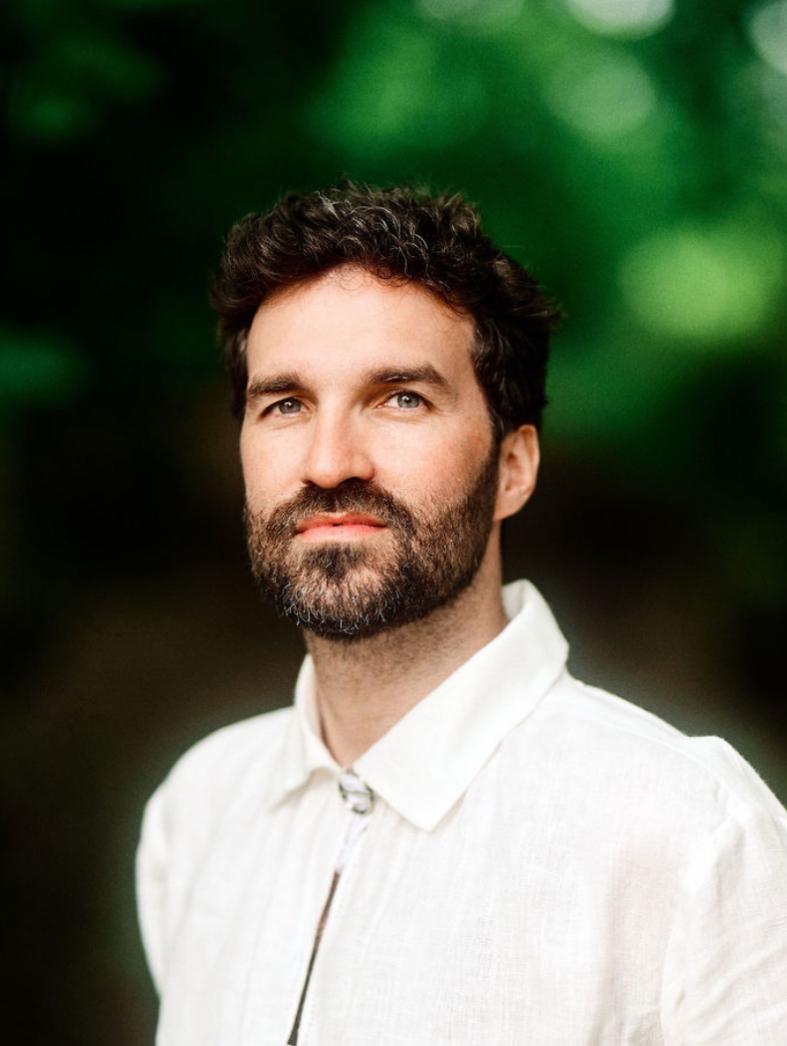SAPEA – ‘Science Advice for Policy by European Academies’
EASAC is involved in SAPEA (Science Advice for Policy by European Academies) in 2025 for its third funding cycle.
SAPEA is part of the European Commission’s Scientific Advice Mechanism (SAM), which provides independent scientific advice to the College of European Commissioners to inform their decision-making. The project consortium of SAPEA consists of the following six European academy networks: Academia Europaea, ALLEA, EASAC, Euro-CASE, FEAM, and YASAS. In bringing together the outstanding knowledge and expertise of Fellows from over 120 Academies, Young Academies, and Learned Societies in more than 40 countries across Europe, SAPEA spans the disciplines of engineering, humanities, medicine, natural sciences and social sciences, thus enabling multidisciplinary policy advice in an unprecedented fashion.
SAPEA convenes scientific experts for a broad range of topics, most often in response to direct requests for advice to SAM from European Commissioners. SAPEA has contributed to projects such as Solar Radiation Modification, One Health Governance in the European Union, or Sustainable Food Consumption. The resulting SAPEA Evidence Review Reports will form the basis of the High Level Group ‘Scientific Opinions’ on these issues, which are then handed directly to the Commissioner who requested the advice of SAM.
Frederico Rocha
Frederico Rocha is EASAC's Scientific Policy Officer (SPO) for SAPEA. Frederico joined the EASAC Secretariat based in Vienna in 2025 to materialise the network’s involvement in the project and its different Work Packages. EASAC will not only participate in (and lead on) the delivery of SAPEA Evidence Review Reports, it will also lead on a Work Package focusing on the use of artificial intelligence in the SAM. EASAC’s member academies will be actively involved in providing the expertise to fulfil SAPEA’s aims.



